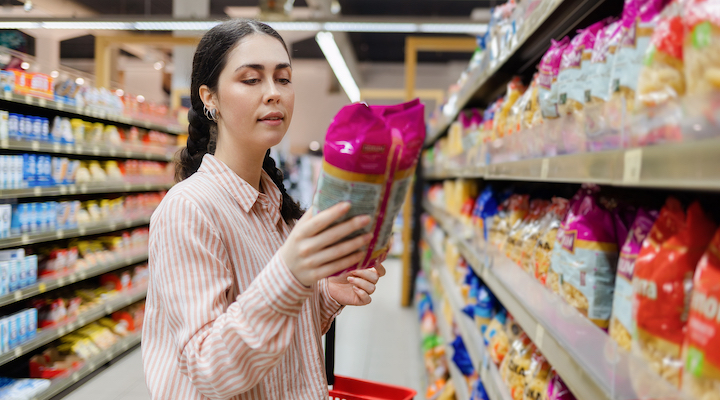Food fraud is costing the Australian economy a staggering $3 billion each year, according to a report from AgriFutures.
Veal, wine, fish, and molluscs were identified as high-risk categories, collectively accounting for an economic cost of between $700 million and $1.3 billion yearly.
Food fraud is the act of purposely altering, misrepresenting, mislabelling, substituting or tampering with any food product at any point along the farm–to–table food supply chain. It can occur in raw materials, ingredients, the final product, or in a food’s packaging.
Associate professor Julian Cox, a food microbiologist from the University of New South Wales School of Chemical Engineering, highlighted the negative effects of food fraud on consumer health and trust.
He pointed out that harmful substances can find their way into products, posing a risk to public safety.
“Consumer confidence is compromised when ingredients are manipulated, potentially leading to health complications,” Cox explained.
The report categorises six food fraud practices: mislabelling, adulteration, substitution, counterfeiting, dilution, and concealment.
Examples range from adding sugar syrup to honey as a cost-saving measure to falsely labelling products as ‘organic’ or ‘halal’ to command higher prices. Food fraud can also misrepresent a product’s origin, nutritional attributes, or weight.
“You can pick almost any commodity, any food or beverage, and you can almost guarantee that products within that category have been tampered with somewhere along the supply chain – even if it’s in the labelling and claiming to be from a specific region of the world,” Cox said.
As for consumers, while they shouldn’t shoulder the burden of authentication, the professor encourages vigilance, especially when dealing with unfamiliar goods.
“Unless you’re a true expert in that area, you’re probably not going to tell if the local fish and chip shop has sold you barramundi or if they’ve just sold you battered shark meat,” Cox said.
While there is no “easy” solution to this problem, the study emphasised early detection and prevention rather than reacting to the issues once they occur. It also suggested that government intervention can help protect the industry.
“It’s always in the best interest of the farmers and food distributors themselves to ensure the consumers are getting what they’re paying for,” Cox concluded.
Agrifutures Australia – formerly the Rural Industries Research and Development Corporation – is an Australian statutory corporation set up by the Australian Government in 1990 to help fund research and development in Australian rural industries.
This story first appeared on our sister publication Inside FMCG












